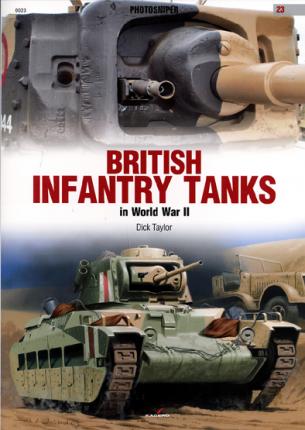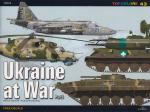Before the start of the Second World War, British armoured doctrine was in a terrible muddle. Opinion had been divided between the proponents of the tank who saw it as the weapon of break-in, using it as an infantry support weapon, and those who saw it as the weapon of break-out, using it to restore mobility and to destroy the enemy’s forces behind the frontline. In many ways it was a division between those who saw the tank solely through the prism of the experience of the First World War, and those who saw it a decisive weapon for the future. Britain was also conscious of the continuing requirements for imperial policing, in which small tanks and armoured cars had already proved their worth. As a consequence, it was decided that Britain needed three different classes of tanks: Light tanks for the policing role that could also be used for reconnaissance duties in a general war; fast and lightly armoured Cruiser tanks for break-out and exploitation, and heavily armoured but slow Infantry tanks for the break-in.









